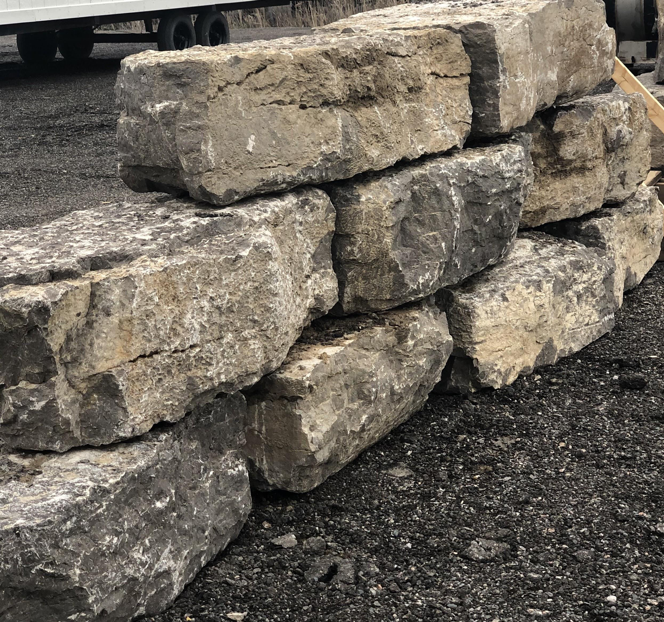Asbestos At A Glance
- Danosh Construction
- Jun 28, 2019
- 2 min read
The use of Asbestos became increasingly common in building materials during the late 19th century. Asbestos fibers are found in natural rock formations, the fibers are strong, durable, absorbent and do not burn. These properties, along with its affordability, were extremely difficult to match at that time.

Types of Asbestos
There are 6 unique substances as defined by the United States Environmental Protection Agency which are then split between 2 broad classes; Serpentine (chrysotile) and Amphibole (tremolite, amosite, crocidolite and others). The Serpentine class of asbestos makes up for 95% of asbestos found in buildings currently. It is more flexible than the Amphibole class, and can be woven into fabric. It was most commonly used for building materials such as insulation board, floor and ceiling tiles, drywall, plaster and pipe insulation, etc… The Amphibole class of asbestos contains higher levels of iron and was used mainly for commercial and industrial heating systems, as it is able to resist acid and extremely high temperatures. The commercial use of Amphibole asbestos has been almost completely discontinued. Environmental and Health Risk Asbestos fibers pose very little risk until they become airborne. It is strongly cautioned that homeowners Do Not attempt to remove any type of asbestos, or materials that may contain asbestos, as inhalation of these fibers can cause: asbestosis - a scarring of the lungs that makes breathing difficult, Mesothelioma - an otherwise rare cancer of the lining of the chest or abdominal cavity, Lung Cancer - cancer of the larynx, Ovarian cancer. Removing Asbestos
Contractors, like Danosh Construction, who specialize in the removal and abatement of all types of asbestos must comply with the Occupational Health and Safety Act’s O-Reg 278/05 (Asbestos Regulation). We work closely with Environmental Specialists who are required to take samples and provide a scope of work in accordance with O-Reg 278/05, which is then carried out by our certified removal/abatement team in the most efficient and environmentally safe way possible. To find out more information, feel free to contact our office and talk to a specialist (905)473-6883.




Comments